Description
Chemical lab working furniture refers to specialized furniture and fixtures designed to meet the unique requirements of laboratory environments where chemicals are handled, stored, and analyzed. These pieces of furniture are constructed with materials that are resistant to chemicals, corrosion, and other hazards commonly encountered in laboratory settings.
1. Laboratory Bench/Workbench:
-
- Laboratory benches or workbenches serve as the primary workspace for conducting experiments, analyses, and other laboratory activities.
- They are typically constructed from materials such as chemical-resistant laminate, stainless steel, or epoxy resin to withstand exposure to chemicals, acids, and solvents.
- Some benches may feature adjustable height capabilities to accommodate different users and ergonomic considerations.
- Laboratory Cabinets and Shelving:
- Laboratory cabinets and shelving provide storage space for chemicals, glassware, equipment, and other supplies.
- They are designed to withstand exposure to chemicals and are often constructed from materials such as chemical-resistant laminate, stainless steel, or polyethylene.
- Cabinets may feature locking mechanisms to secure hazardous chemicals and prevent unauthorized access.
- Safety Showers and Eyewash Stations:
- Safety showers and eyewash stations are critical for providing emergency decontamination in the event of chemical spills or exposure.
- They should be easily accessible within the laboratory and meet regulatory standards for performance and operation.
- Laboratory Chairs and Seating:
Ergonomic seating options are important for providing comfort and support to laboratory personnel during extended periods of work.
Chairs may feature adjustable height, backrests, and armrests to accommodate individual preferences and ergonomic needs. - Laboratory Chairs and Seating:
Utility sinks and wash stations are essential for cleaning glassware, equipment, and surfaces contaminated with chemicals.
They should be constructed from durable materials such as stainless steel and feature appropriate drainage and plumbing systems. - Mobile Carts and Trolleys:
Mobile carts and trolleys provide convenient transport of equipment, supplies, and samples within the laboratory.
They are designed with chemical-resistant materials and may include features such as locking casters and adjustable shelves.
Lab Benches with Integrated Utilities:Some lab benches may come with integrated utilities such as gas, water, and electrical outlets for conducting experiments requiring these resources.
When selecting chemical lab working furniture, it’s essential to consider factors such as chemical compatibility, durability, safety features, and regulatory compliance to ensure a safe and efficient laboratory environment. Additionally, regular maintenance and inspection of laboratory furniture are crucial to ensure their continued functionality and safety.

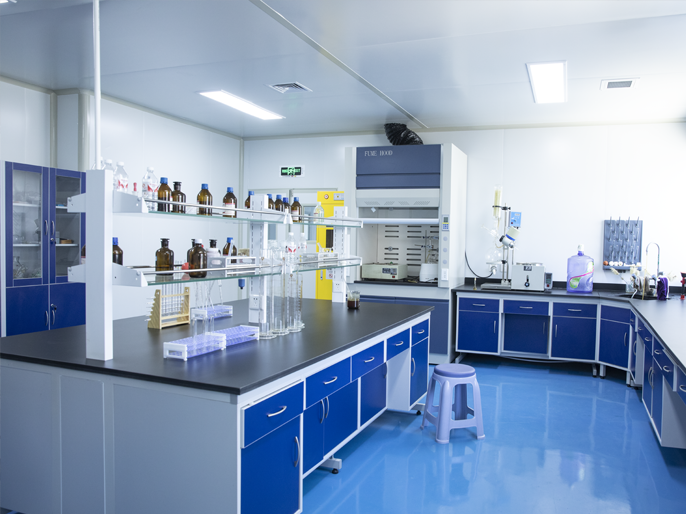
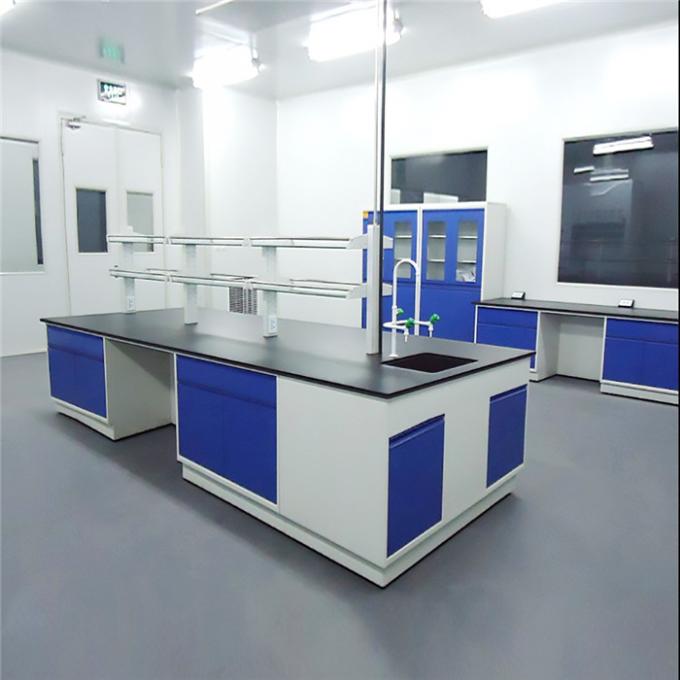
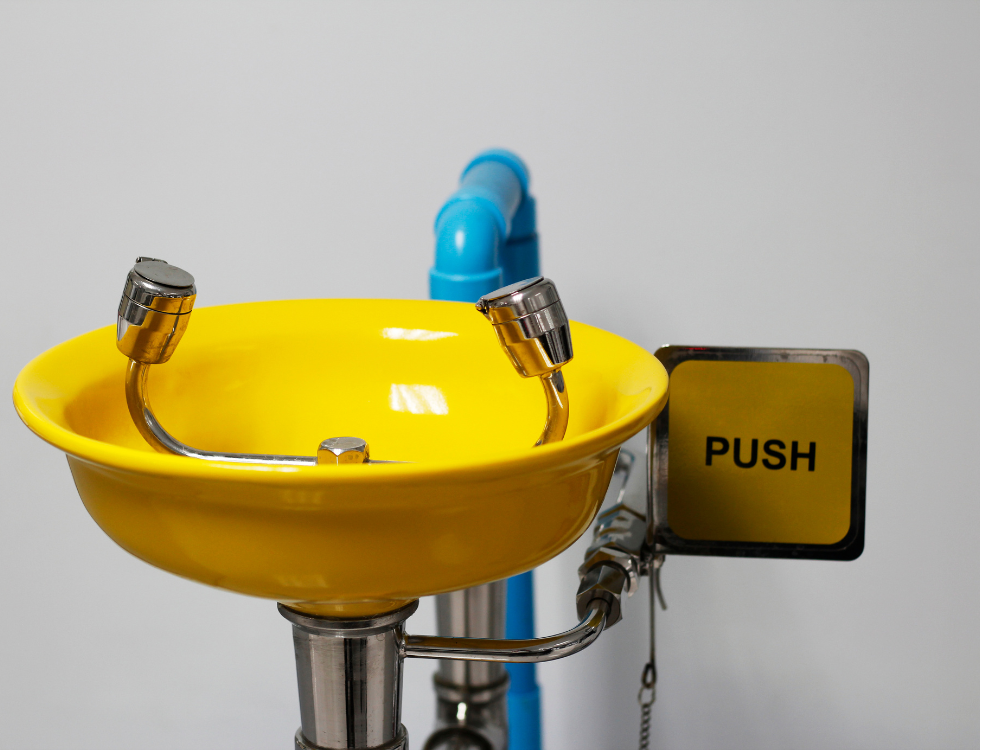
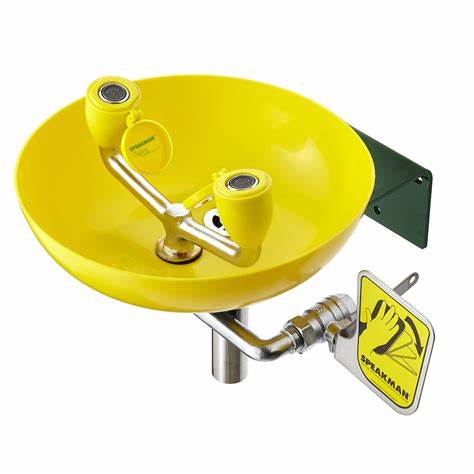
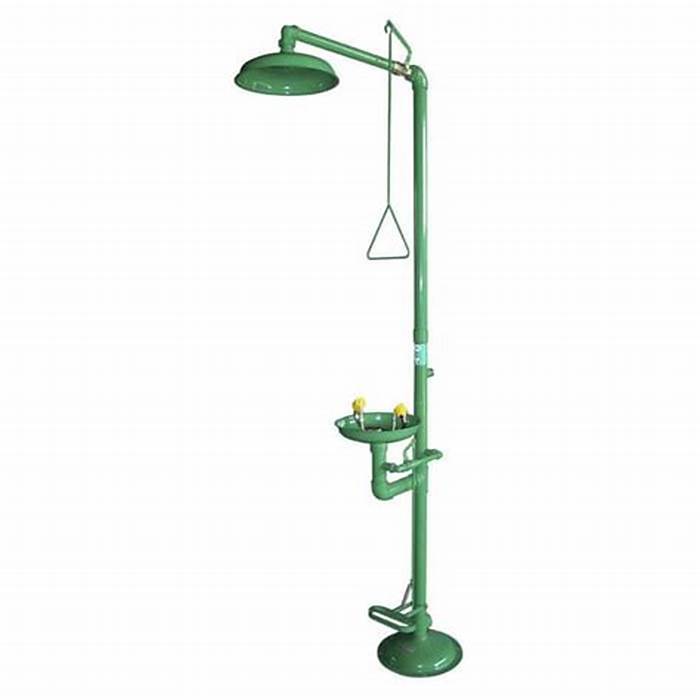
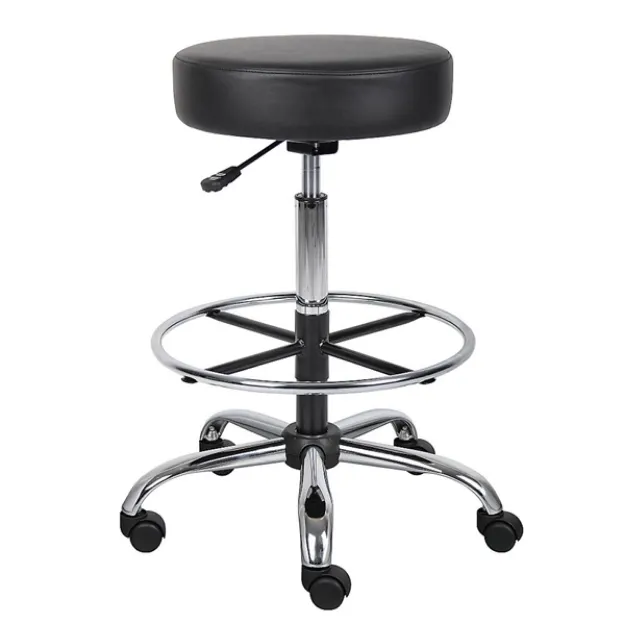
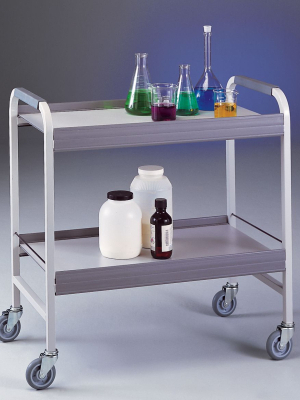
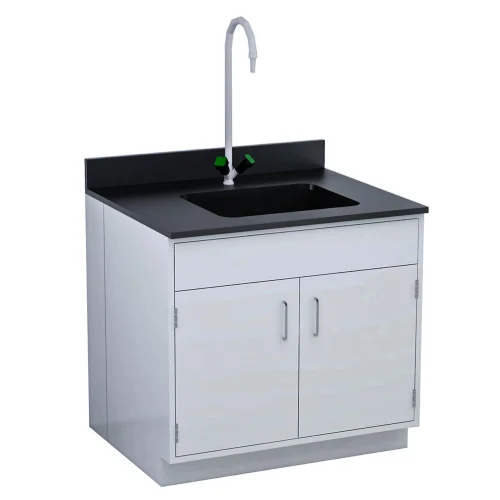
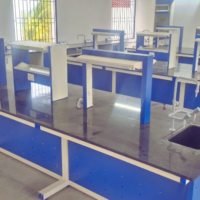
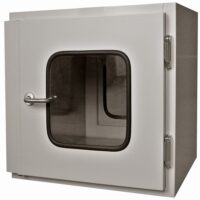
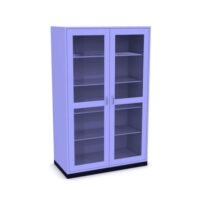
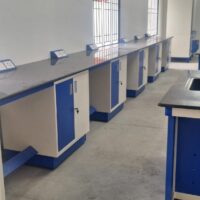
Reviews
There are no reviews yet.